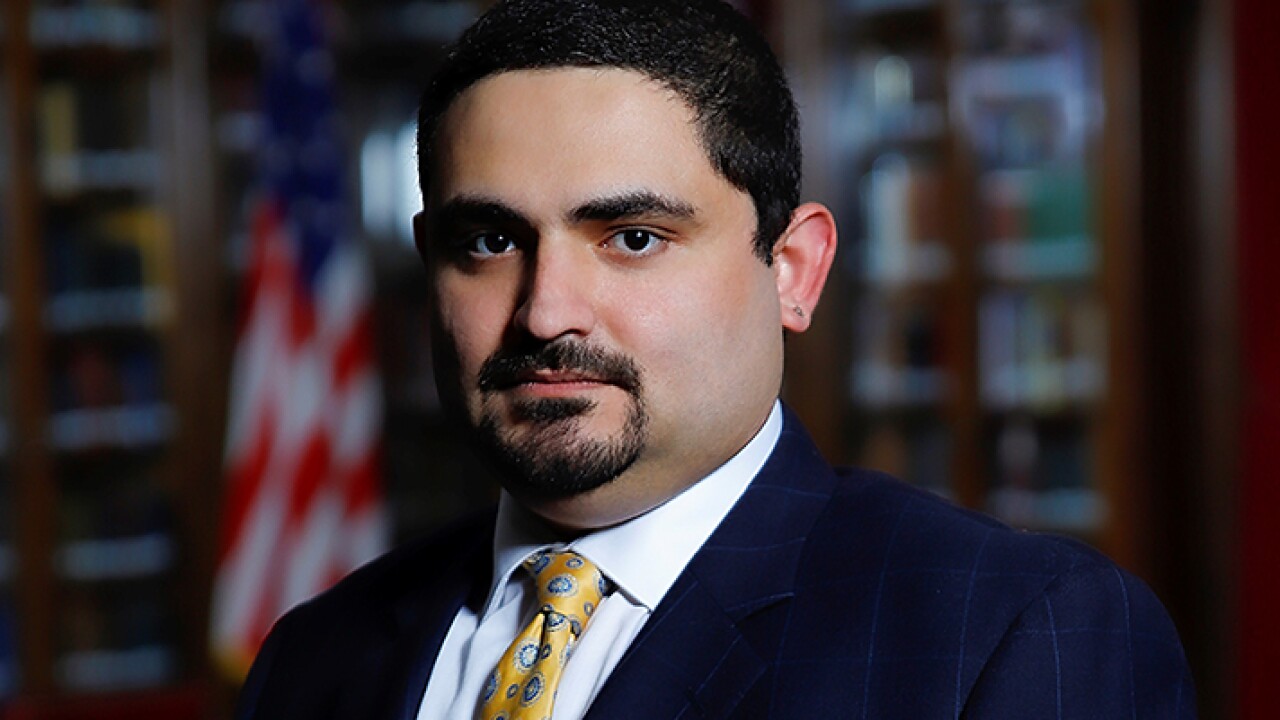BRADENTON, Fla. — Florida Gov. Rick Scott Friday rejected, once and for all, $2.4 billion of federal funds for a high-speed rail project as the state Supreme Court unanimously refused to overturn his decision.
The remaining federal money will now go to other states, according to U.S. Transportation Secretary Ray LaHood. California and New York had begun lobbying for the funds before Friday’s decisions.
Shortly after rejecting the federal money, Scott ordered the Florida Department of Transportation to take $77 million from its budget to plug a shortfall in the funding plan for a long-planned Port of Miami dredging project.
Scott, a Republican, said the dredging project would create 30,000 jobs. The high-speed rail project was expected to create 24,000 jobs.
After a brief phone conversation to tell LaHood Florida would not move forward with high-speed rail, Scott’s press secretary, Brian Burgess, said the governor praised the state’s high court for providing “a clear and unanimous decision.”
The governor “is now focused on moving forward with infrastructure projects that create long-term jobs and turn Florida’s economy around,” Burgess said.
During oral arguments Thursday before the court on a petition brought by two state senators seeking to overturn Scott’s decision, the governor’s attorney, Charles Trippe, told justices that Florida had spent $110 million of federal funds on the initial rail project from Tampa to Orlando.
Opposing counsel said he believed the state had spent
$28 million on the project. One justice called the $110 million expenditure “de minimis.”
Federal transportation officials are not likely to require that the state repay the stimulus funding for the failed project, according to state officials.
“I know that states across America are enthusiastic about receiving additional support to help bring America’s high-speed rail network to life and deliver all its economic benefits to their citizens,” LaHood said. He offered no details about when he would make the funds available to other states.
Scott’s decision showed “a devastating lack of vision, a lack of understanding of Florida’s economic situation, and an unfortunate devotion to his own rigid ideology,” said U.S. Rep. Kathy Castor, D-Fla., whose district encompasses the Tampa Bay area.
“I am disheartened that Gov. Scott is giving another state the money and jobs we worked so hard to bring to our community,” she said. “The real losers today are the very Florida taxpayers Gov. Scott claims to protect.”
The governor rejected the project even though there were two plans to privatize the proposed high-speed rail system and eliminate funding and operational risks for the state. The latest plan was presented to the governor by four of Florida’ major cities after Scott made his distaste for the rail project known several weeks ago.
U.S. Rep. Corrine Brown, D-Fla., said representatives in California thanked her “profusely” for the high-speed rail money being sent to other states because of Scott’s decision.
“I sincerely wish that Florida’s leadership had a similar mindset as those governing the state of California,” said Brown, who is the ranking member of the house railroad subcommittee. “Not only has California proven to be a willing, enthusiastic partner with the federal government, but they have already created the bonding capacity to help make high-speed rail a reality.”
In addition to the $2.4 billion, Florida also received stimulus funds for preliminary studies on the second leg of the project from Orlando to Miami. It is not clear if Scott rejected those funds or what has been spent so far.
Brown said she would “formally request” that LaHood’s office continue the work on the Orlando-to-Miami corridor.
“I respect Gov. Scott’s decision and will continue to work with him and others to find cost-effective alternatives that keep Florida and our nation moving forward with 21st century transportation and infrastructure systems,” said U.S. Rep. John Mica, R-Fla., chairman of the U.S. House Transportation and Infrastructure Committee. His district covers most of central Florida.
Last month, Mica told a forum in Orlando that he planned to seek federal funding for the long-planned $615 million commuter project in central Florida called SunRail.
Most of the funding for SunRail will come from state coffers. It is under review by Scott, who has been urged by state Republican lawmakers to apply the same principles as he did for high-speed rail and pull funding for SunRail, too.





